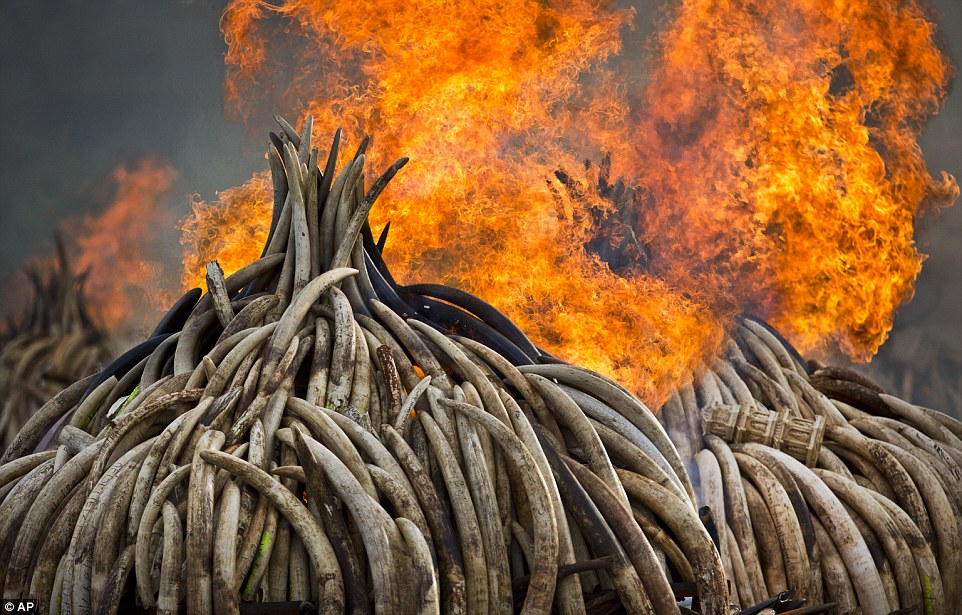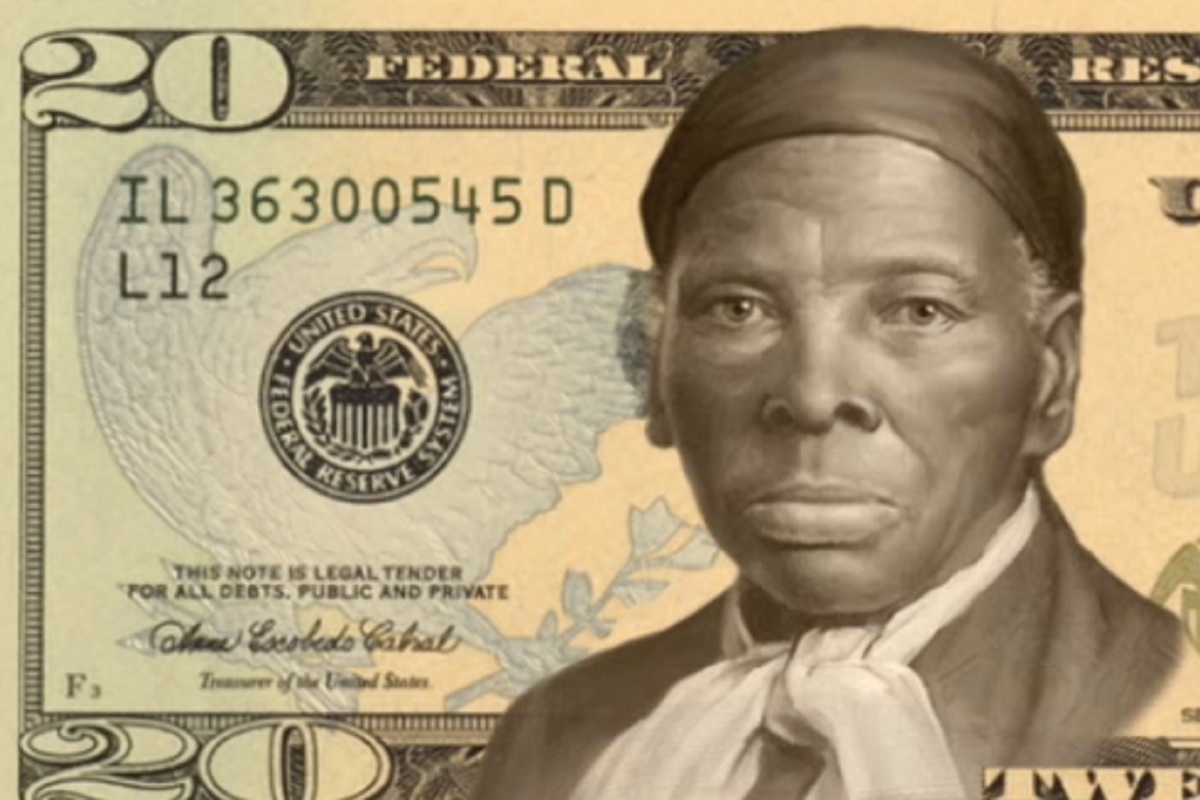Dear Generation Z,
Should we be concerned about what contemporary music could be doing to our brains? Could classical music be better for our overall brain growth in the long run? Some scientists seem to believe that contemporary music could be damaging our intellectual power. According to this article, contemporary music may be hindering our creativity, and making us settle for less when it comes to our artistic abilities. This can be a little disheartening considering so many people, including myself, listen to and love contemporary music.
I took the liberty of interviewing three people who are more informed about music than I am, to get a broader opinion on this debatable topic. Daniel Bussey, a senior high school student interested in the benefits of music therapy and hoping to major in Voice Performance in college said, “Contemporary music is [not] bad for your brain . . . Due to classical music’s intricate structure the brain is particularly responsive to the genre of music. Although most contemporary [music] is not as intricately structured as classical music . . . contemporary music can definitely be used in positive ways . . . due to the upbeat nature of modern music . . .The brain actually gets quite excited when listening to it.” Bussey takes a stance that supports both contemporary and classical music. He recognizes the intricacy that classical music incorporates while still accrediting the positive aspects contemporary music brings to the table.
Amy Onyonyi, who will be attending The Boston Conservatory and studying Vocal Performance in a Bachelor of Music degree this fall stated that, “Studies show that classical music is better suited to positively stimulate the brain. Cows produced more milk listening to classical music than when listening to contemporary music . . . . It ultimately depends on . . . how [a person responds] to different genres of music. Some people are more productive when listening to jazz and others when listening to sonatas [therefore] I can’t generalize and say that one is better for the brain than the other.” Onyonyi appreciates a plethora of music genres and would not put one above another. Her opinion is based on the fact that it is the individual’s choice.
After getting the idea to write about this topic from Audrey Statler – my current music teacher – I was interested in knowing what her standpoint was on this issue. “I would hesitate to say that all contemporary music is worse for our brains than classical music . . . but being proficient as a classical musician does take more academic study than being proficient in contemporary music. On the whole, classical music is much more complicated and more difficult to understand . . . . Therefore [it] probably demands that we use more of our brains when listening to it.” Statler, a professional trained in music, knows from experience that classical music is more challenging than contemporary music. In her opinion, classical music is more stimulating, but contemporary music is not necessarily bad for one’s intelligence.
Obviously, this issue is not easily concluded. I would be reluctant to speculate on whether contemporary music is bad for one’s brain, but I can say that contemporary pieces are significantly simpler to learn than classical ones. Thankfully they are both different from each other, and bring an intriguing aspect of diversity to the music industry.
So, what do you think? Does the fact that your iPod is filled with pop music make you think you are at an intellectual loss, or do you think that you creativity levels are doing alright?





